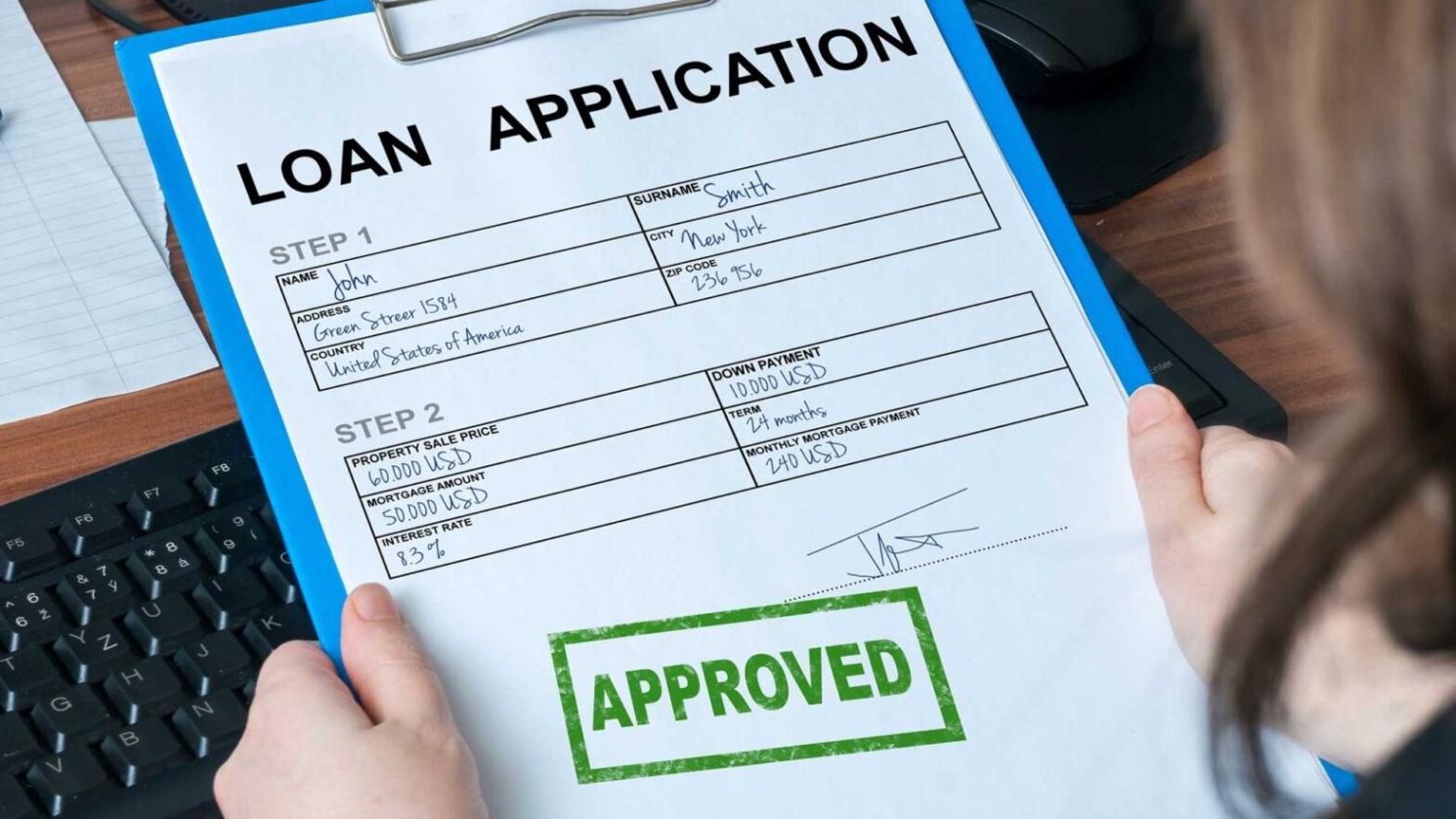How Do Mortgage Loans Work: A Comprehensive Guide for Beginners
A mortgage loan is a type of loan used to finance the purchase of a home or other real estate property. It is a long-term loan, typically lasting for 15 to 30 years, and is secured by the property itself. This means that if the borrower defaults on the loan, the lender can foreclose on the property and sell it to recoup the money that was lent.

Understanding how mortgage loans work is essential for potential homeowners. This guide will provide a comprehensive overview of the different types of mortgage loans available, the mortgage loan process, the terms and conditions associated with mortgage loans, and the factors that lenders consider when evaluating mortgage loan applications.
Types Of Mortgage Loans
There are several different types of mortgage loans available, each with its own advantages and disadvantages. The most common types of mortgage loans include:
- Conventional loans: Conventional loans are not insured by the government and are typically offered by banks and credit unions. They require a down payment of at least 5%, and the interest rate is based on the borrower's credit score and other factors.
- Government-insured loans: Government-insured loans are backed by the federal government and are typically offered by banks and credit unions. They include FHA loans, VA loans, and USDA loans. These loans have lower down payment requirements and more flexible credit score requirements than conventional loans.
- Jumbo loans: Jumbo loans are loans that exceed the conforming loan limits set by Fannie Mae and Freddie Mac. They are typically used to finance the purchase of high-priced homes. Jumbo loans have higher interest rates than conventional loans and may require a larger down payment.
- Subprime loans: Subprime loans are loans that are made to borrowers with poor credit scores. These loans have higher interest rates and fees than other types of mortgage loans.
The Mortgage Loan Process
The mortgage loan process typically involves the following steps:
- Pre-approval: The first step is to get pre-approved for a mortgage loan. This will give you a good idea of how much you can afford to borrow.
- Loan application: Once you have found a home that you want to buy, you will need to submit a loan application to a mortgage lender. The loan application will include information about your income, debts, and assets.
- Credit check and underwriting: The lender will then check your credit score and underwriting your loan application. This process involves verifying your income and debts and assessing your risk as a borrower.
- Appraisal: The lender will also order an appraisal of the property to determine its value. The appraisal will help the lender to determine how much money to lend you.
- Closing: Once the loan is approved, you will need to sign the mortgage documents and pay the closing costs. The closing costs typically include the loan origination fee, the appraisal fee, and the title insurance premium.
Mortgage Loan Terms And Conditions

Mortgage loans have a number of terms and conditions that you should be familiar with before you apply for a loan. These terms include:
- Principal amount: The principal amount is the amount of money that you borrow from the lender.
- Interest rate: The interest rate is the percentage of the principal amount that you pay to the lender each year.
- Loan term: The loan term is the length of time that you have to repay the loan. Most mortgage loans have a term of 15 or 30 years.
- Monthly mortgage payments: Your monthly mortgage payments will include the principal, interest, taxes, and insurance (PITI).
- Escrow accounts: Escrow accounts are used to hold the money that you pay for taxes and insurance. The lender will typically require you to set up an escrow account when you take out a mortgage loan.
Qualifying For A Mortgage Loan
To qualify for a mortgage loan, you will need to meet the lender's requirements. These requirements typically include:
- Credit score: A good credit score is essential for getting a mortgage loan. Lenders typically require a credit score of at least 620 to qualify for a conventional loan.
- Debt-to-income ratio: Your debt-to-income ratio is the percentage of your monthly income that is used to pay your debts. Lenders typically require a debt-to-income ratio of no more than 36% to qualify for a mortgage loan.
- Employment history: Lenders typically require borrowers to have a stable employment history of at least two years.
- Assets and liabilities: Lenders will also consider your assets and liabilities when evaluating your mortgage loan application. This includes your savings, investments, and any debts that you have.
Choosing A Mortgage Lender

There are a number of different mortgage lenders to choose from. When choosing a mortgage lender, you should consider the following factors:
- Interest rates: Compare the interest rates offered by different lenders to find the best deal.
- Fees: Lenders typically charge a variety of fees, such as the loan origination fee, the appraisal fee, and the title insurance premium. Compare the fees charged by different lenders to find the best deal.
- Customer service: Consider the customer service reputation of the lender. You want to choose a lender that is responsive to your needs and easy to work with.
Closing On A Mortgage Loan
Once your mortgage loan is approved, you will need to close on the loan. This involves signing the mortgage documents and paying the closing costs. The closing costs typically include the loan origination fee, the appraisal fee, and the title insurance premium.
Once you have closed on the loan, you will receive the keys to the property and you will be responsible for making the monthly mortgage payments.
Managing Your Mortgage Loan
Once you have a mortgage loan, there are a number of things you can do to manage it effectively. These include:
- Making timely payments: Making timely payments is the most important thing you can do to manage your mortgage loan. If you miss a payment, you will be charged a late fee and your credit score will be damaged.
- Paying extra on your principal: Paying extra on your principal each month can help you to pay off your loan faster and save money on interest.
- Refinancing your loan: Refinancing your loan can help you to get a lower interest rate and save money on your monthly payments.
- Considering a home equity loan or line of credit: A home equity loan or line of credit can allow you to borrow money against the equity in your home.
Mortgage loans are a complex financial product, but they can be a valuable tool for homeowners. By understanding how mortgage loans work, you can make informed decisions about the type of loan that is right for you and how to manage your loan effectively.
If you are considering taking out a mortgage loan, it is important to seek professional advice from a mortgage lender or financial advisor. They can help you to understand your options and make the best decision for your financial situation.
YesNo

Leave a Reply